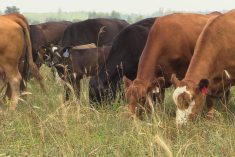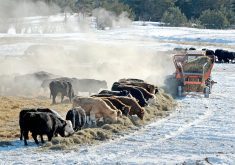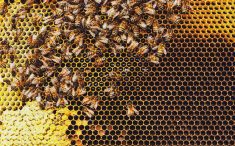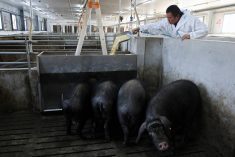With the U.S. government poised to square its country-of-origin labeling (COOL) laws on food with world trade rulings and end a long-standing hassle for Canadian exporters, two U.S. groups plan to sue to force Washington to ignore those rulings.
The Made in the USA Foundation and the Ranchers-Cattlemen Action Legal Fund (R-CALF USA), along with Colorado online grocer Mile High Organics, announced Wednesday they’ve filed in U.S. District Court in Denver, naming the World Trade Organization, U.S. Trade Representative Ron Kirk and U.S. Agriculture Secretary Tom Vilsack as defendants.
Read Also
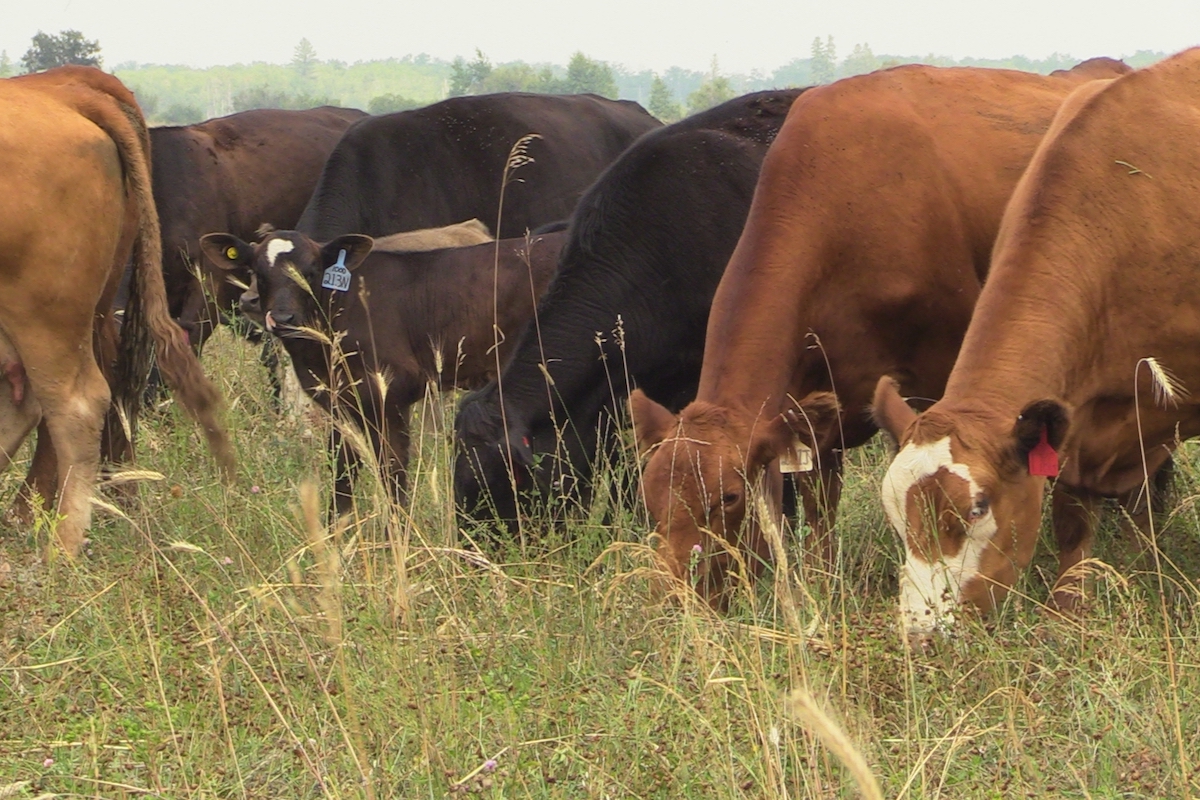
Beef industry weighs in on AAFC research cuts
The Canadian Cattle Association and Beef Cattle Research Council said cuts to federal research centres and programs will have long-term debilitating consequences for the beef industry.
The groups’ announcement follows an Aug. 21 notice from the U.S. delegation to the WTO, declaring the U.S. government’s intent to "implement the recommendations and rulings of the (WTO Dispute Settlement Body, or DSB) in these disputes in a manner that respects its WTO obligations, and we have begun to evaluate options for doing so."
The U.S. government added that it "will need a reasonable period of time in which to do this" and "stands ready to discuss this matter with Canada and Mexico," the two countries that challenged COOL at the WTO starting in 2008.
Joel Joseph, the founder, chairman and general counsel of the Los Angeles-based Made in the USA Foundation, is credited on the foundation’s site as having drafted and lobbied for the COOL legislation. His son Michael is the founder of Mile High Organics.
The foundation said Wednesday that its suit seeks a court order in Denver declaring that the WTO "does not have the authority to override U.S. law."
COOL, the senior Joseph said in a release, "does not discriminate against any country, it merely requires labeling. Consumers have a right to decide whether to buy U.S. or imported meat, and accurate labeling is a consumer right."
Moreover, the foundation said Wednesday, when the U.S. appealed the DSB’s 2011 ruling against COOL, the WTO named an appellate panel of three judges that included a Mexican lawyer who has represented Mexico in trade cases.
The WTO Appellate Body, Joseph alleged, "was unfairly biased against the United States and should not have allowed a Mexican lawyer, with an obvious conflict of interest, to sit on the panel."
"As U.S. citizens, we never gave up our right to continue governing ourselves under our U.S. constitution, and we certainly didn’t grant the WTO authority to undermine our domestic laws," Mike Schultz, an R-CALF director and chair of that group’s COOL committee, said in a separate release Wednesday.
"This lawsuit is necessary to force this administration to stand up and defend our U.S. sovereignty by disavowing any authority the WTO claims over our nation’s ability to pass beneficial laws for U.S. citizens."
Furthermore, Montana-based R-CALF said, the suit alleges Kirk and Vilsack "failed their respective duties to protect and preserve U.S. sovereignty by allowing the WTO to second-guess the U.S. COOL law that was passed under the U.S. constitution."
No date has yet been given for a hearing in Denver.
"Disincentive"
The WTO DSB ruled against the bulk of the COOL law in November 2011, declaring COOL violated parts of the WTO’s Agreement on Technical Barriers to Trade (TBT), breached Washington’s WTO obligations and "does not fulfil its legitimate objective" of consumer education.
Washington in March appealed the DSB’s decision to the WTO Appellate Body, which in June upheld the DSB’s finding that COOL "has a detrimental impact on imported livestock."
COOL’s record-keeping and verification requirements "create an incentive for processors to use exclusively domestic livestock, and a disincentive against using like imported livestock," the Appellate Body said.
The Appellate Body went further, however, and ruled COOL "lacks even-handedness" by imposing "a disproportionate burden on upstream producers and processors of livestock, as compared to the information conveyed to consumers through the mandatory labelling requirements for meat sold at the retail level."
Only a "small amount" of that information gets to U.S. consumers in an understandable or accurate way, the Appellate Body said, and "a considerable proportion of meat sold in the United States is not subject to the COOL measure’s labelling requirements at all."
COOL was conceived in Washington’s 2002 Farm Bill and launched in September 2008. It ordered U.S. retailers to notify their customers, by way of labeling, on the sources of foods such as beef, veal, pork, lamb, goat, fish, fruits, vegetables, peanuts, pecans and macadamia nuts.
Related stories:
WTO appeal body upholds ruling against COOL, June 29, 2012
WTO rips U.S. COOL law in win for Canada, Nov. 18, 2011


